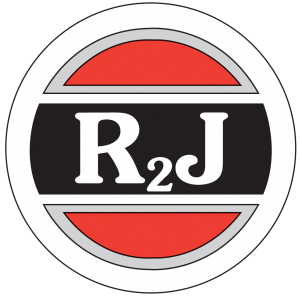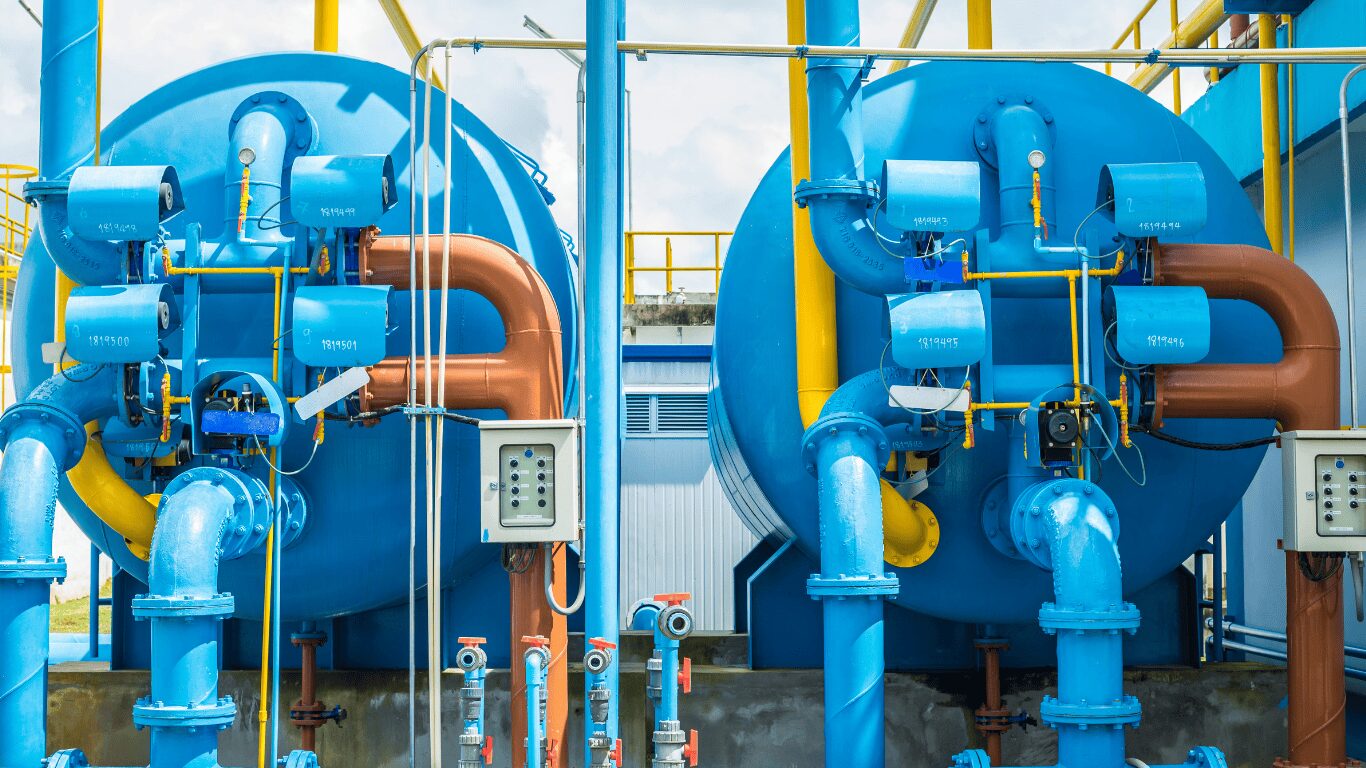Guide to Commercial Water Treatment Companies
Jun 29, 2022Water quietly runs through almost every part of a business. It keeps cooling systems stable, supports manufacturing lines, and makes everyday operations possible. When that water isn’t treated properly, problems build up fast: equipment wears out, costs rise, and quality drops. That’s where commercial water treatment companies come in. They make sure the water running through your systems stays clean, reliable, and efficient.
Finding the right company isn’t just about price or reputation. It’s about finding a team that understands your facility, your processes, and your long-term goals. This guide walks you through what to look for and how the right partner can make a difference.
What Commercial Water Treatment Companies Actually Do
Most people think of water treatment as simple filtration, but commercial water treatment companies handle much more than that. Their role is to keep water systems performing safely and efficiently across different applications.
In most facilities, these companies help by:
- Designing and installing customized water treatment systems for heating, cooling, or process use
- Managing chemical treatment programs to control scale, corrosion, and biological growth
- Setting up water monitoring and testing schedules to track quality and compliance
- Maintaining equipment and filtration units to ensure reliable operation and lower downtime
The best partners go beyond supplying equipment. They analyze water chemistry, study site conditions, and tailor solutions that match your goals: keeping operations efficient and predictable.
Common Water Treatment Needs in Commercial and Industrial Facilities
Every facility has its own water challenges. Office buildings, hospitals, and manufacturing plants all use water differently, but they share one goal: keeping their systems clean and efficient.
Typical applications include:
- HVAC and cooling systems, where scale and corrosion reduce performance
- Manufacturing and food production, where water purity affects product quality
- Healthcare and laboratories, where sterilization and high purity water are critical
- Building maintenance, where softening and filtration protect plumbing and fixtures
Across these industries, effective commercial water filtration systems and industrial water treatment programs keep operations running safely. Understanding these needs helps businesses plan systems that last longer and perform better.
To learn how treatment planning supports new construction efficiency, see our guide on water treatment in new projects.
Technologies Used by Commercial Water Treatment Companies
Behind every reliable system is a mix of proven technology and careful design. Commercial water treatment companies use different methods depending on the facility’s water source, usage, and quality goals.
Some of the most common technologies include:
- Reverse osmosis systems (RO): Remove minerals, salts, and contaminants to produce high purity water.
- Water softening units: Reduce hardness that causes scaling inside pipes, boilers, and chillers.
- Filtration systems: Capture sediments and organic matter before they reach sensitive equipment.
- Chemical dosing systems: Add precise amounts of chemicals to control corrosion, scale, and biological growth.
Modern systems also include digital monitoring tools that track performance and alert operators to early changes in water quality. These innovations help ensure consistent, low-maintenance operation. For more on sustainable approaches, see our post on sustainable water treatment.
Commercial vs. Industrial Solutions
While commercial and industrial systems share the same goal, such as delivering safe, high-quality water, they operate on very different scales. Commercial systems, such as those in offices, schools, and hotels, focus on consistent water quality and user safety. Industrial systems, on the other hand, must manage higher volumes, tighter specifications, and tougher contaminants.
For example:
- Commercial applications often prioritize drinking water quality, water softening, and low maintenance filtration systems.
- Industrial applications require high purity water, advanced osmosis systems, and robust chemical treatment programs that can handle continuous operation.
Understanding these distinctions helps teams select the right water treatment solutions for their facilities; ones that meet both performance and regulatory standards. The best companies design flexible programs that scale with each site’s growth and changing needs.
What to Look For in a Reliable Water Treatment Partner
Choosing among commercial water treatment companies often comes down to the details. The right partner should understand your facility’s goals, system design, and long-term water needs. When evaluating providers, look for these qualities:
Proven Industry Experience
Teams with years of hands-on fieldwork understand how real-world systems behave under pressure. They can anticipate issues before they disrupt operations and design solutions that fit your site’s requirements.
Custom Engineering and Support
Each facility is different. Look for companies that design water treatment systems around your building’s flow rates, usage patterns, and compliance needs, not just standard templates.
Reliable Service and Maintenance
The best programs don’t end after installation. Ongoing monitoring, maintenance, and performance checks ensure consistent water quality and extend equipment life.
Commitment to Efficiency and Safety
Energy efficiency, low maintenance, and worker safety should always be part of the plan. Ask how your provider tracks and reports these metrics.
The Question Checklist
Once you’ve narrowed down potential providers, it helps to ask a few direct questions before making your final decision. These conversations reveal how prepared and transparent a company really is.
Here are a few to start with:
1. What experience do you have with facilities like ours?
A partner who understands your industry will already know the common water challenges and compliance standards.
2. Can you explain how your system will meet our current and future needs?
The right team should design scalable systems that can adapt as your operations grow.
3. How do you monitor performance and track water quality?
Reliable partners use digital monitoring or scheduled testing to prevent small issues from becoming major repairs.
4. What level of maintenance or training will our staff need?
This helps you understand the system’s long-term requirements and whether it fits your team’s capacity.
5. Can you share examples of cost savings or efficiency improvements from past projects?
Look for measurable results, not just general claims.
These questions help you see which providers are confident in their work and committed to your success, not just the sale.
Ready to make your water systems more efficient and compliant? R2J specializes in tailored treatment programs that improve reliability and lower operational costs for commercial facilities.
Frequently Asked Questions (FAQs)
What makes commercial water treatment different from residential systems?
Commercial and residential systems share similar goals, but commercial setups handle larger volumes and higher demands. They require more durable equipment, advanced filtration, and precise chemical control to meet building and health standards.
How often should commercial water treatment systems be serviced?
Regular service depends on system type and water conditions, but most facilities benefit from monthly monitoring and annual performance reviews. Routine checks help prevent scale, corrosion, and microbial growth.
What technologies are commonly used in modern water treatment?
Many companies now rely on automated monitoring tools, reverse osmosis systems, and high-purity filtration technologies to deliver consistent results with less manual oversight.
Can water treatment systems be customized for unique industrial applications?
Yes. The best providers design customized solutions for industrial applications, adjusting chemistry, flow rates, and filtration to match each project’s requirements.
Are chemicals always required in water treatment?
Not always. While chemicals are essential for disinfection and corrosion control, many systems also combine physical and biological water purification processes to reduce chemical use safely.


